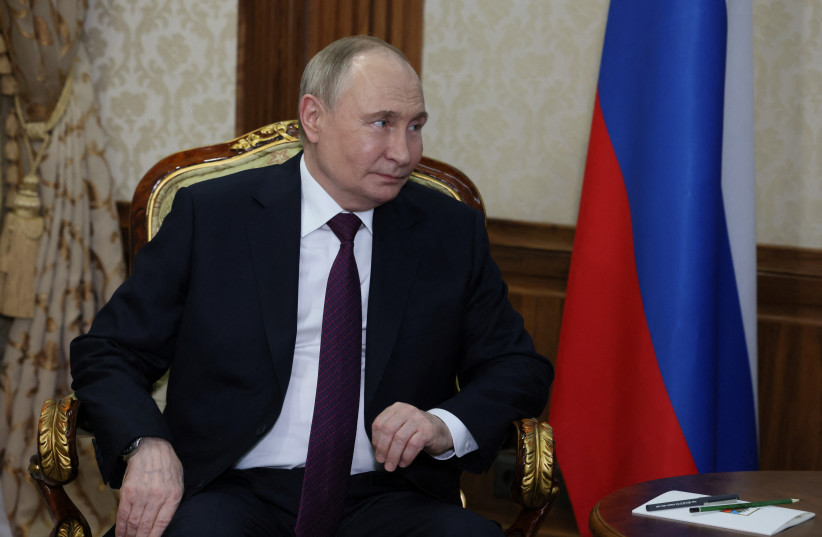Even though two of those – very different but equally important – would be particularly unwise to disregard, it would be very difficult to find a political actor willing to address either.
The question of ideology and political beliefs comes first. What if a current MEP or a candidate for election believes that Russian President Vladimir Putin is doing the right thing, and that people need more balanced explanation than the Western mainstream media are generally offering? Such politicians are and will be elected to the European Parliament. Will they subsequently be accused of not being true Europeans or working directly against European citizens and institutions?
This could be a prelude to a kind of European McCarthyism, inadvertently engaging in publicizing accusations of subversion without adequate evidence. By outing them, does it help bring to an end Moscow’s aggression in Ukraine, or will it just disconnect more European voters from the reality of what’s going on in Ukraine and what the Kremlin’s true political and military goals might be?
On a completely different note, let’s assume that sufficient evidence has been provided that the current and potential MEPs are on Moscow’s payroll. It could be a game-changer. From useful idiots, they would enter the category of the enemy within. How can European institutions address this issue? This is certainly a matter that deserves a coherent and official response. Another urgent meeting should be organized and the MEPs in question should be suspended from observing elections.
They should finally be recognized for what they really are – a fifth column. It is important to understand that this isn’t just another political scandal. We should ask ourselves whether these people are precipitating the destruction of Ukraine as the European Parliament decides on the annual EU budget and acts as a co-legislator. It is equally important to highlight their complicity in exposing those brave Russians standing against the Kremlin regime to much higher rates of poverty and incarceration. There are millions of Russians who are hostages to Putin’s politics. They can’t leave Russia, and they can’t exercise their fundamental human rights, either. Their enemies are within their own institutions. These politicians are also responsible for the fatigue regarding EU enlargement, as attention is constantly drawn to Ukraine, a preference aligned with the Kremlin’s strategies, while the next area of focus could likely be the Balkans. A combination of local political struggles and imported Russian influence can only create permanent instability in that part of Europe as democratic standards deteriorate, propaganda against EU integration flourishes, and the Russian church flagrantly exercises its malign influence.
As a result, stabilitocracies likely to slide into autocracies have emerged, undermining the rule of law and media freedoms, while paving the way to skyrocketing levels of corruption. In terms of accession to the EU, the Balkans seem to be on a road to nowhere, their trust in European core values is deteriorating, and a stellar victory by Putin appears to be a likely prospect. So now we face a necessary legal qualification and the necessity to have institutions to proceed on the matter. What is the message to be sent to all those concerned? How do we differentiate between the perhaps misguided “true believer” and a political mercenary?
If rightfully described as political mercenaries, it stands to reason that they should be treated as such. As a political wing of the Wagner Group perhaps? Or, using the same amount of caution, as a political wing of Hamas’s Izz al-Din al-Qassam Brigades? There are numerous MEPs aligned with the Hamas rhetoric, aren’t there? Can this approach change the concept of political accountability and help restore a credible process in providing the quality of information that EU citizens and voters receive through mass media? We all need to understand whether the existing formal authority, individual or organizational, is strong enough to hold politicians accountable. Or rather, if the willingness to do so exists. Otherwise, I’m afraid that these mercenaries in politics, or useful idiots if you prefer, will just keep going on, undeterred. To be honest, they have been nothing but useful so far. Regrettably, not for EU citizens, but only for those doing their best to crush European values and institutions.■
Vladimir Krulj is a French and Serbian economist (HEC, King’s College London), former World Bank consultant, fellow at the Institute of Economic Affairs in London, and visiting professor at ESCP London, Ghent University, and University of Tours.

